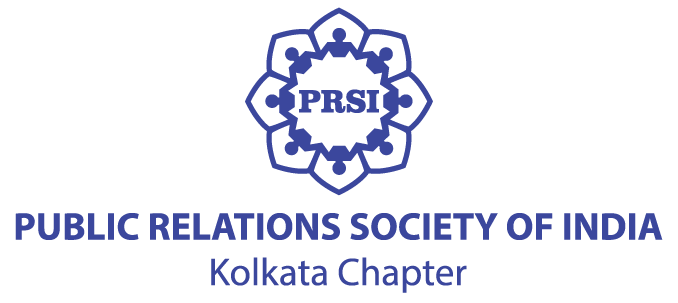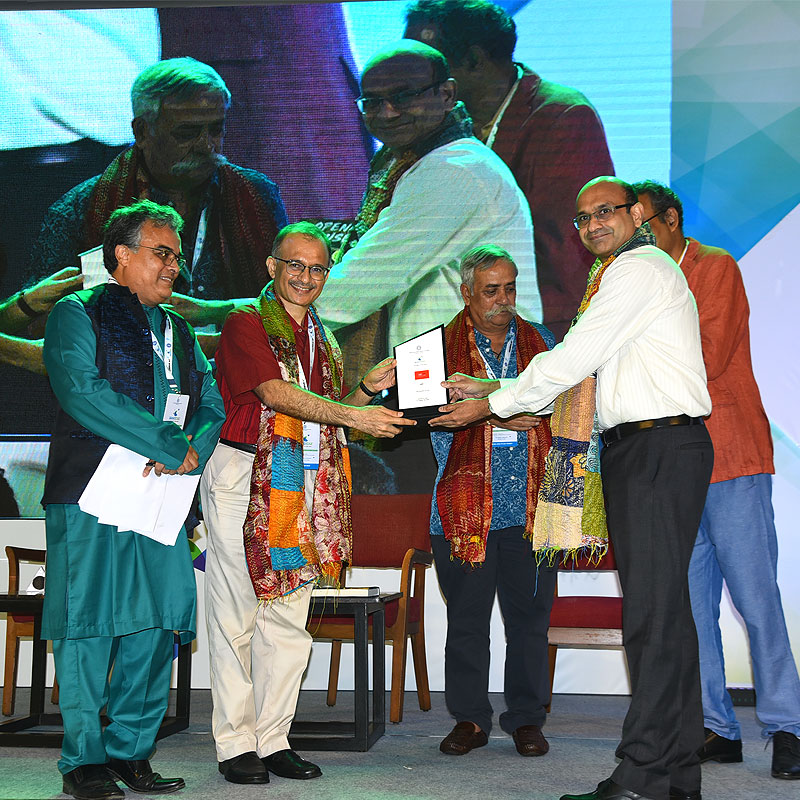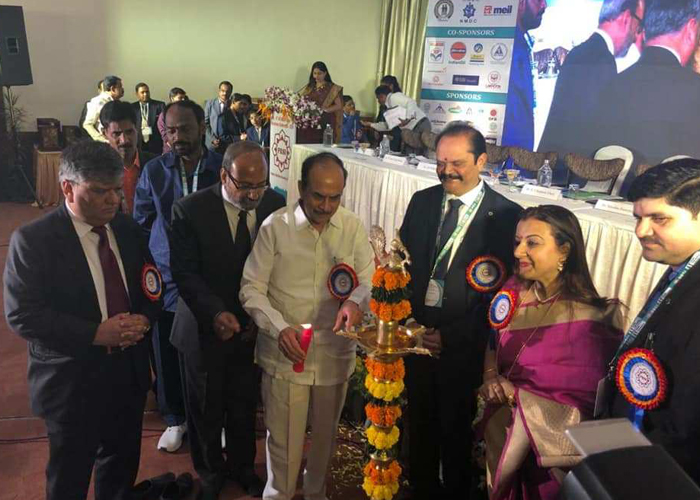The Public Relations Society of India, popularly known as PRSI, was established in 1958 to promote public relations as a profession as well as a strategic management function to formulate, interpret,and disseminate need-based and proactive communications. The Society, today, is the leading national network for PR professionals both from the public and private sectors running diverse business portfolios.
PRSI functioned as an informal body till 1966, when it was registered under the Indian Societies Act XXVI of 1961, with headquarters in Mumbai. Mr. Kali H. Mody, considered one of the pioneer stalwarts in Indian PR, was the founder president of the society from 1966 to 1969. The PRSI journey advanced and expanded to form ‘Chapters’ in the cities of Delhi, Mumbai, Kolkata, and Chennai. Since then, the growth has been relentless, spanning 22 cities across (delete in) the country.
PRSI, in keeping with its defined objective, aims to advance quality communication and the ethical practice of public relations through networking and intellectual leadership encompassing irreversible and evolving technologies, consumer service growth, and paradigm shifts in media and marketing.


